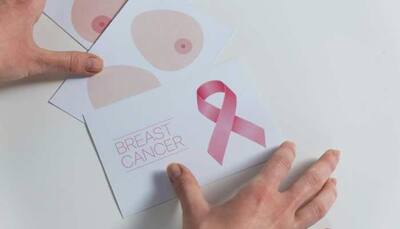Health information—and misinformation—is everywhere on social media. But does the messenger matter in social media e-cigarette information? Researchers at UMass Chan Medical School were interested in determining how young adults perceive information about vaping e-cigarettes based on who shared that information on Instagram. In a study led by Donghee Nicole Lee, Ph.
D., a postdoctoral researcher in the Department of Population & Quantitative Health Sciences, which was published in May in , investigators found that the source of on can play a critical role in its trustworthiness. Survey participants randomly assigned to receive e-cigarette education messages posted by a medical school health expert on a simulated Instagram feed rated the source and the message as having higher credibility than identical messages posted by a friend or social media influencer.

Participants who received the health expert's posts also reported significantly more curiosity about e-cigarettes than those who received the same posts from an influencer. The study was a for research Dr. Lee is conducting as part of a career development award through the National Cancer Institute.
"The dynamic of health misinformation is very complex. From a communication lens, we were trying to know how we can increase acceptability of the current public health messaging to help increase the effectiveness of the e-cigarette education messages," said Lee. Lee's mentor and co-author, Elise Stevens, Ph.
D., assistant professor of population & quantitative health sciences, said health communicators got worried during the COVID-19 pandemic when information and then misinformation were shared online. "Who will young people trust for their health information?" she asked.
Investigators recruited a sample of 510 young adults aged 18 to 30 years old living in the United States through an online crowdsourcing platform for behavioral research. They were randomly assigned to one of the three source conditions. Messages about e-cigarettes were taken from the Food and Drug Administration's campaign.
Researchers manipulated the source of the posts by providing a text description of the source—health expert, friend or influencer—and created Instagram account profile pictures and names to match each source condition. They additionally manipulated the number of "likes" for each source condition to match the source characteristics. Based on previous studies, investigators hypothesized that young adults would report more positive perceptions of the source and the message, and negative e-cigarette perceptions, when the information came from a peer source, especially influencers.
"When we saw the results, we were surprised but encouraged that young people were finding experts most credible," said Dr. Stevens. Stevens explained that their results ran counter to national statistics showing there is less trust in traditional sources of health information across all age groups.
But she pondered whether things might be starting to change. "This young adult audience is the first generation to grow up with social media, with computers, with smartphones," Stevens said. "They may have a higher level of media literacy and know how to identify credible sources.
" Lee said further research might shed more light on some of the study's limitations, such as whether participants found the friend or influencer sources truly relatable, or whether responses were influenced by participants' previous experience with e-cigarettes and with social media. The researchers said this study is one of the first to provide insight into how different types of sources can influence ' perceptions of Instagram education posts. Lee said ultimately, the goal of the research is to help inform how public health campaigns choose the source in order to make the campaigns most effective.
Donghee N. Lee et al, Does source matter? Examining the effects of health experts, friends, and social media influencers on young adult perceptions of Instagram e-cigarette education messages, (2024)..


















